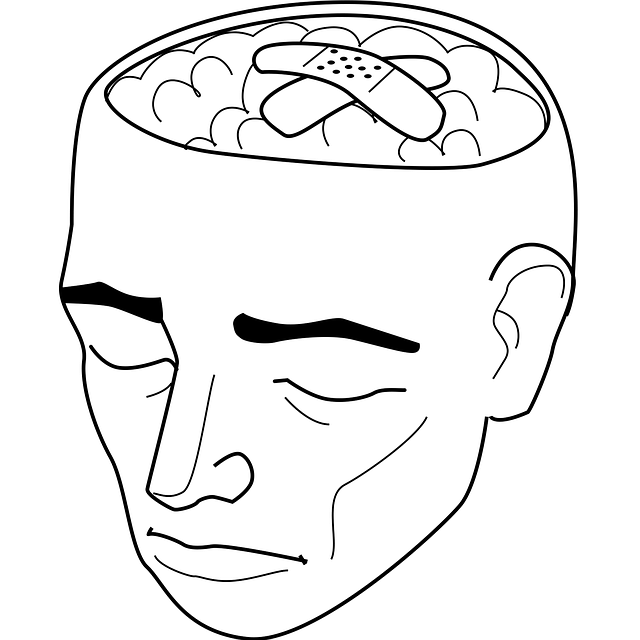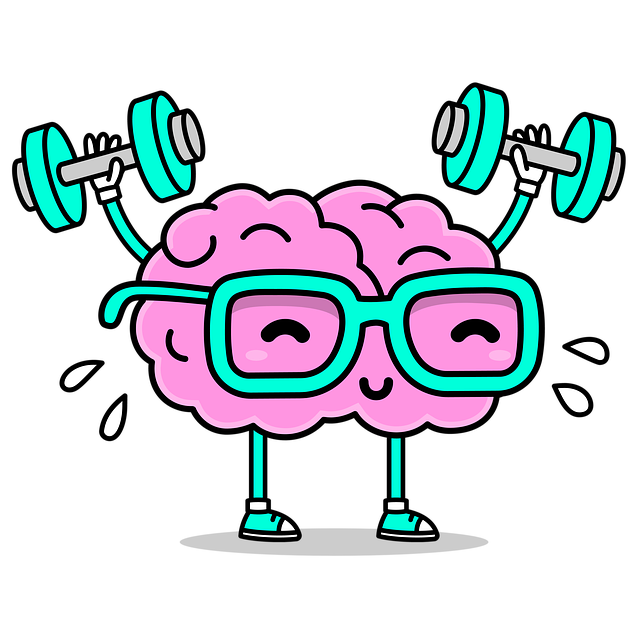Mental wellness apps like Arvada Self-Esteem Therapy (AST) are gaining popularity as accessible online solutions for stress, anxiety, and low moods. AST focuses on building self-esteem through journaling exercises, mood tracking, meditations, and community forums, while incorporating safety features like risk assessment tools. While digital therapy offers flexibility and anonymity, challenges such as privacy, misdiagnosis, and lack of human interaction must be addressed. A successful marketing strategy for AST should include social media engagement, public awareness campaigns, and collaborations with mental health experts to build trust and reach a wider audience, fostering consistent usage and positive outcomes.
In today’s digital age, mental wellness app development is revolutionizing access to therapy. Understanding mental wellness and its profound impact on daily life has sparked a surge in digital therapy solutions. This article explores the rise of digital therapy, highlighting benefits and challenges. We delve into the development of Arvada Self-Esteem Therapy, showcasing features and functionality designed to boost self-esteem. Additionally, we discuss effective marketing and user engagement strategies tailored for mental health apps, emphasizing the potential of digital tools in enhancing well-being.
- Understanding Mental Wellness and Its Impact on Daily Life
- The Rise of Digital Therapy: Benefits and Challenges
- Developing Arvada Self-Esteem Therapy: Features and Functionality
- Marketing and User Engagement Strategies for Mental Health Apps
Understanding Mental Wellness and Its Impact on Daily Life

Understanding mental wellness is a crucial step in developing effective support systems like apps designed for self-esteem therapy in Arvada. It’s more than just the absence of mental illness; it encompasses emotional, psychological, and social well-being. This includes our ability to cope with stress, maintain healthy relationships, and make meaningful contributions to society. Poor mental wellness can significantly impact daily life, affecting productivity, decision-making, and even physical health.
Apps focused on boosting self-esteem and providing therapy guidance through journaling exercises can play a vital role in promoting mental wellness. They offer accessible, personalized support 24/7, helping users navigate stress, anxiety, or low moods. Incorporating features like risk assessment tools for mental health professionals can further ensure user safety and guide them towards appropriate care when needed.
The Rise of Digital Therapy: Benefits and Challenges

In recent years, the digital therapy landscape has experienced a significant surge, with more individuals embracing online mental health solutions. This shift is particularly evident in areas like Arvada Self-Esteem Therapy, where accessible and convenient support is in high demand. The benefits are clear; digital platforms offer flexibility and anonymity, allowing users to engage in therapeutic practices at their own pace and from the comfort of their homes. This approach has proven beneficial for those who might face barriers to accessing traditional therapy, such as time constraints, geographical challenges, or social anxiety.
However, the rise of digital therapy also presents unique challenges. Ensuring effective and ethical delivery of care is paramount. Issues like data privacy, security, and the potential for misdiagnosis or inappropriate recommendations require careful consideration. Additionally, while technology offers new opportunities, it may not replace face-to-face interactions for everyone. Balancing these advantages and drawbacks is crucial to developing successful mental wellness apps that incorporate emotional regulation and intelligence techniques, as well as fostering engaging Mental Wellness Podcast Series Production to support users’ holistic journeys towards improved emotional well-being.
Developing Arvada Self-Esteem Therapy: Features and Functionality

Developing Arvada Self-Esteem Therapy (AST) is a pioneering step in mental wellness app development. AST focuses on empowering users to build and maintain a robust sense of self-worth, using evidence-based strategies tailored to individual needs. The app incorporates interactive exercises, daily affirmations, and personalized feedback mechanisms that encourage users to reflect on their progress and cultivate positive thinking.
Key features include mood tracking, meditation sessions designed to foster stress management, and a community forum where users can share experiences and support one another. AST also offers customizable goals and achievements, allowing users to celebrate milestones and maintain motivation. By integrating these components, the app creates an engaging, supportive environment that not only enhances self-esteem but also equips individuals with tools for effective stress management and personal growth, mirroring the values of Stress Management Workshops Organization’s initiatives.
Marketing and User Engagement Strategies for Mental Health Apps

In today’s digital age, marketing and user engagement for mental health apps like Arvada Self-Esteem Therapy require a multi-faceted approach. One effective strategy is to leverage social media platforms and online communities dedicated to mental wellness. By sharing insightful content, including tips on self-awareness exercises and stress management techniques, these apps can build trust and attract users seeking support. Public awareness campaigns development can also play a significant role in reaching a broader audience and normalizing conversations around mental health.
Additionally, incorporating interactive features and gamification elements within the app can enhance user engagement. Regular updates, such as new meditation sessions or workshops organized by the app, keep users invested. Collaborating with influencers or mental health experts to create exclusive content further drives interest. Through these marketing and user engagement strategies, mental wellness apps like Arvada Self-Esteem Therapy can foster a supportive community, ensuring consistent usage and positive outcomes for their users.
The development of mental wellness apps, such as Arvada Self-Esteem Therapy, presents a promising avenue to improve access and affordability of care. By leveraging digital technology, these applications offer personalized and discreet therapeutic support tailored to individual needs. However, navigating the challenges of user engagement and privacy is essential for their success in the competitive market. Effective marketing strategies that highlight the benefits of digital therapy, combined with innovative app features, can foster a positive impact on mental health outcomes worldwide.














